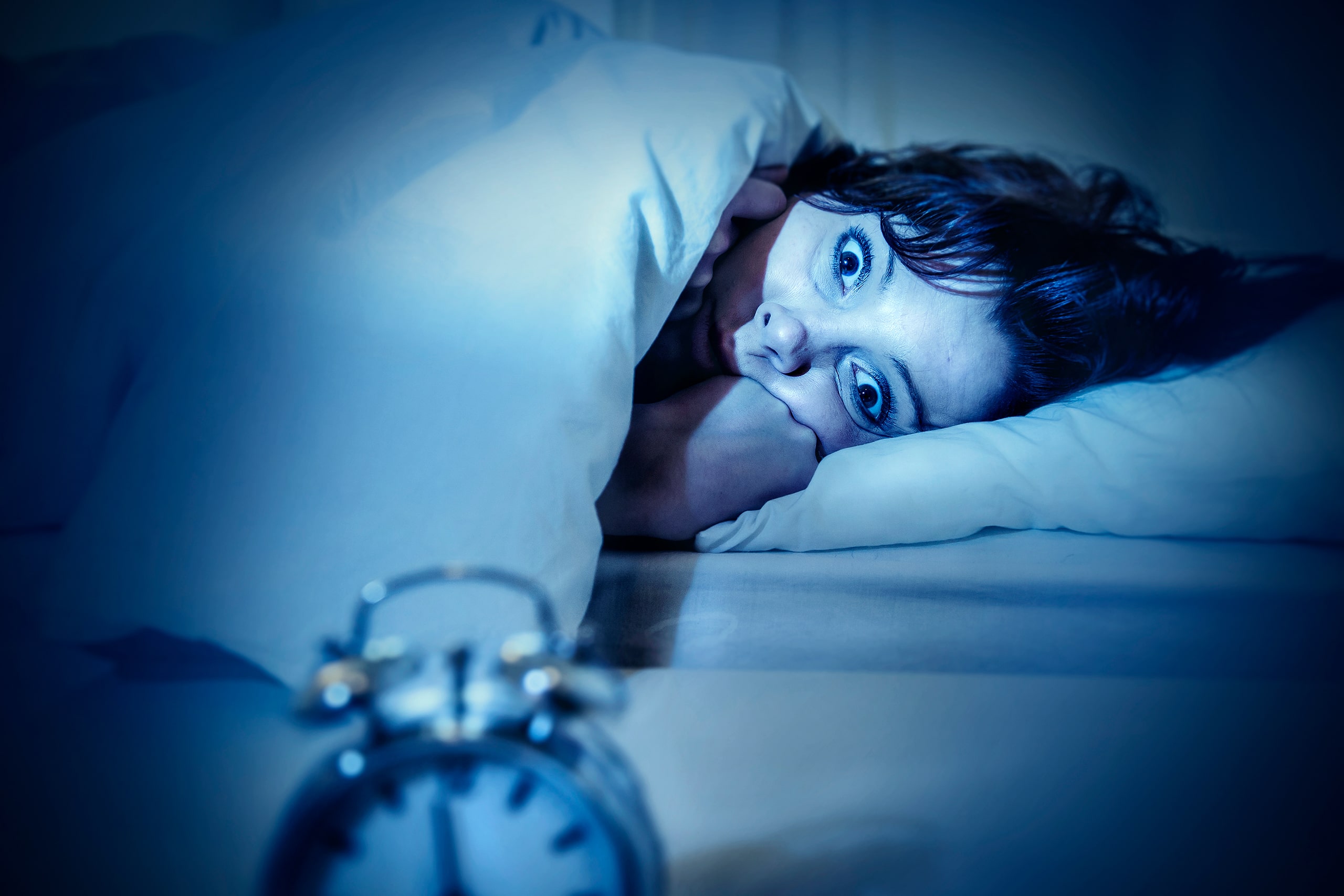Insomnia is a very common sleep disorder that makes it very difficult to fall asleep, makes it hard to stay asleep, and can even cause you to wake up too early and be unable to go back to sleep. You may still feel overly tire when you wake up because you cannot get a restful sleep. Insomnia can not only lower your energy level and mood, but also affect your health, quality of life, work performance, and relationships.
Different Types of Insomnia
There are many different causes of insomnia and not all insomnia is the same. Everyone experiences this condition in distinct ways. Short tern insomnia only happens over a short period but long-term insomnia will last for three months or more and insomnia can be the primary problem or associated with other health conditions. Some common causes for insomnia include:
- Stress: This can provoke an overpowering reaction within the body that greatly affects the quality of a person’s sleep. This stress response can come from work, health, and wellbeing, school, finances, relationships, or family. Stress can also materialize from specific life events or traumas like the death or illness of a loved one, job loss, or divorce.
- Poor sleep habits: Things like irregular bedtime schedules, stimulating activities before going to bed, taking naps, having an uncomfortable sleep environment, or screen like TV or phones can obstruct your sleep cycle. The body should be following its internal clock, known as the circadian rhythm that follows the patterns of day and night. When someone disrupts that rhythm it can result in difficulties in timing your sleep and overall quality of sleep.
- Unhealthy lifestyle habits: Having unhealthy routines, habits, and choices can cause insomnia to develop. Eating foods and drinks that contain a lot of sugar can overstimulate you and eating heavy meals and spicy foods can be difficult for your digestive process. Caffeine is also a stimulant and can stay in your system for hours, making it difficult to get proper sleep. Alcohol is also a substance that is a cause for concern. While it is a sedative that can make you feel sleepy, it can disturb your sleep cycle and make it worse by causing non-restorative sleep.
- Mental Health Disorders: Conditions such as depression, anxiety, bipolar disorder, and post-traumatic stress disorder can also cause insomnia as a symptom of one or more of these conditions.
- Pain or Physical Illness: Nearly any condition that causes you physical pain can disrupt sleep by making it difficult to comfortably lay in bed or dwelling on the pain and causing stress. Any type of physical illness, not forgetting those that affect the respiratory or nervous system, poses challenges related to sleep which can intensify to short-term or chronic insomnia.
Insomnia Prevention
Restful sleep is just as important to your health as physical activity or a healthy diet. No matter the reason for insomnia it can affect a person both physically and mentally. Good sleep habits can promote restful sleep and prevent insomnia. Some tips you can use to get better sleep include:
- Keep your bedtime and wake time consistent every day including the weekends.
- Stay physically active even if it is just taking daily walks as it promotes a good night’s sleep.
- Avoid taking naps or limit them.
- Avoid or limit alcohol, caffeine, and nicotine intake.
- Don’t eat large meals or consume large beverages before bed.
- Make your bedroom as comfortable as possible and use your bed only for sleep.
- Create yourself a calming and relaxing bedtime ritual. For example, take a warm bath, read a book, or listen to calming music.
- Check any medications you are taking as they can cause insomnia.
Medically Reviewed: September 25, 2019

Cayla Clark, BA
Medical Reviewer
Chief Editor
All of the information on this page has been reviewed and verified by a certified addiction professional.



